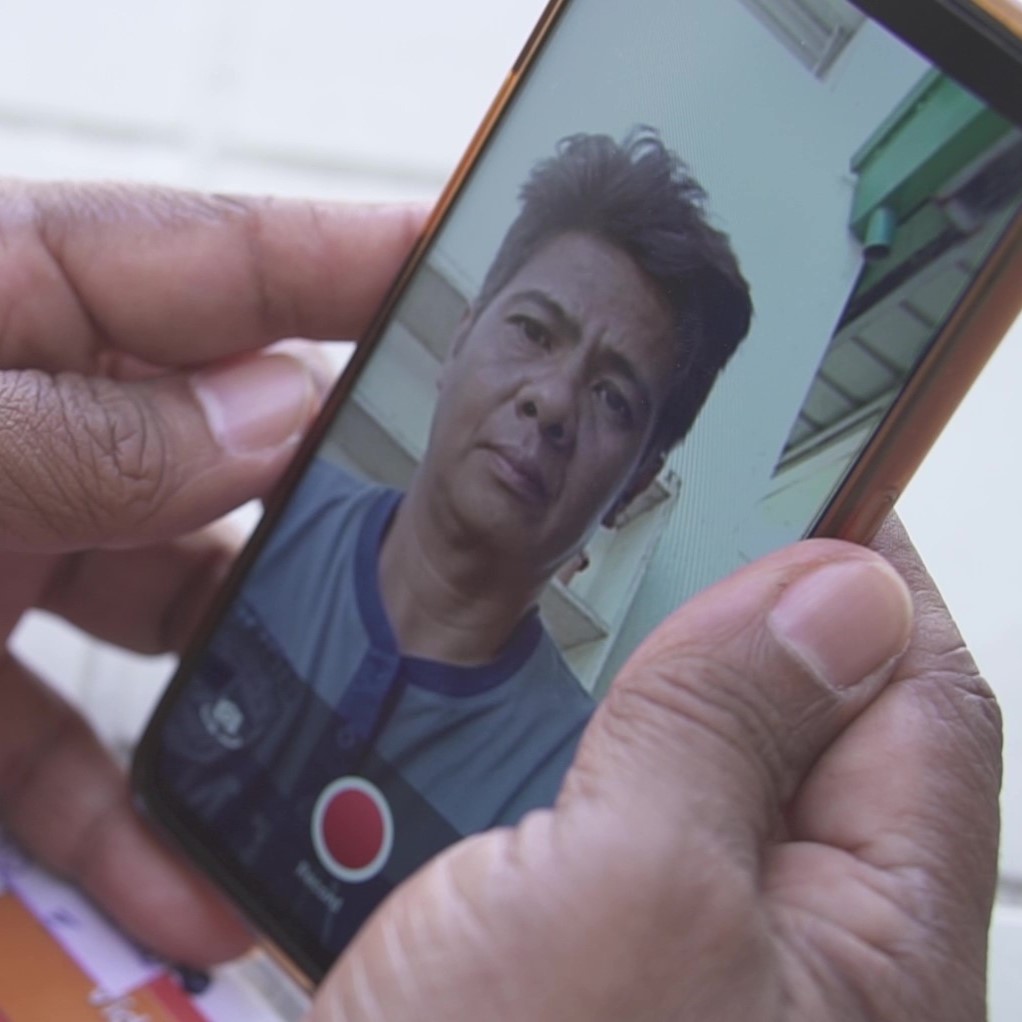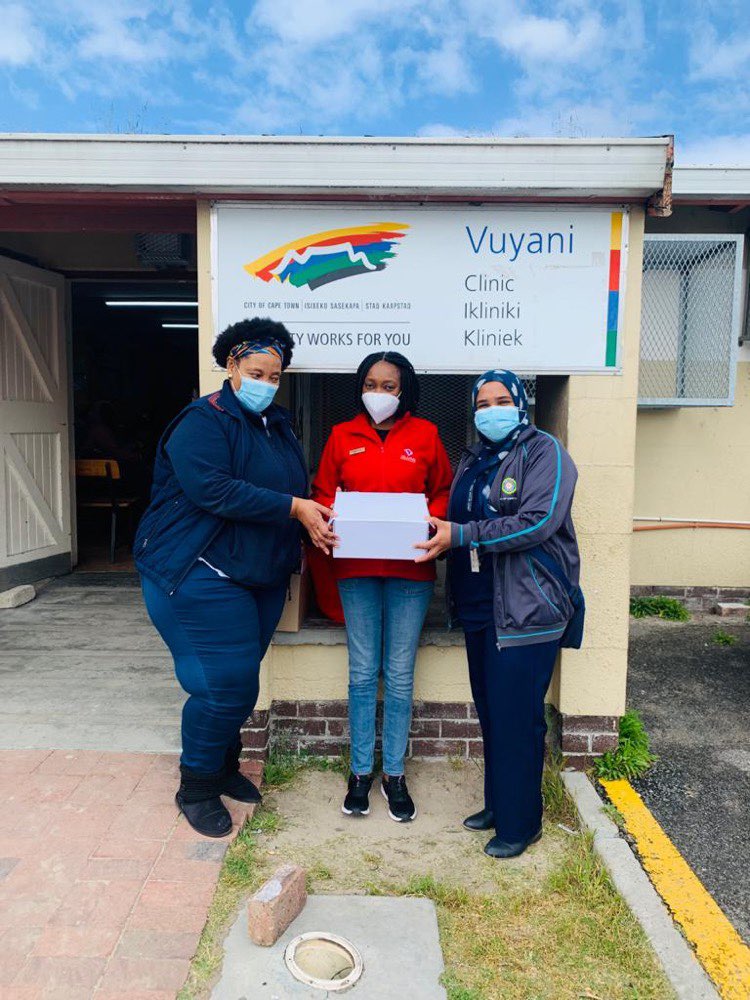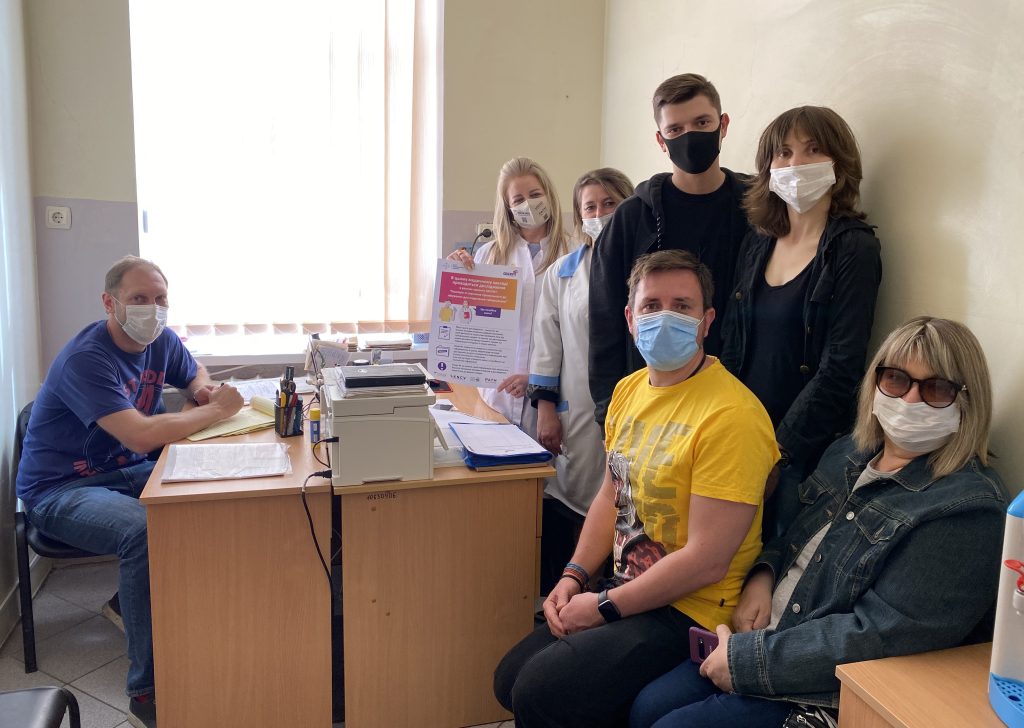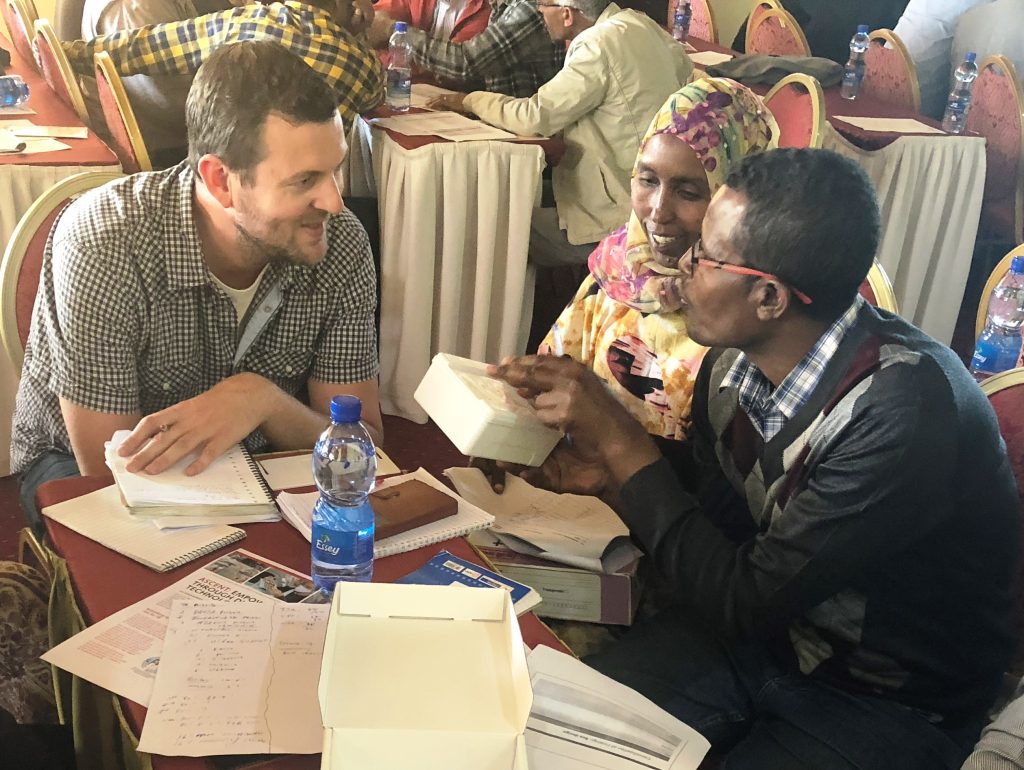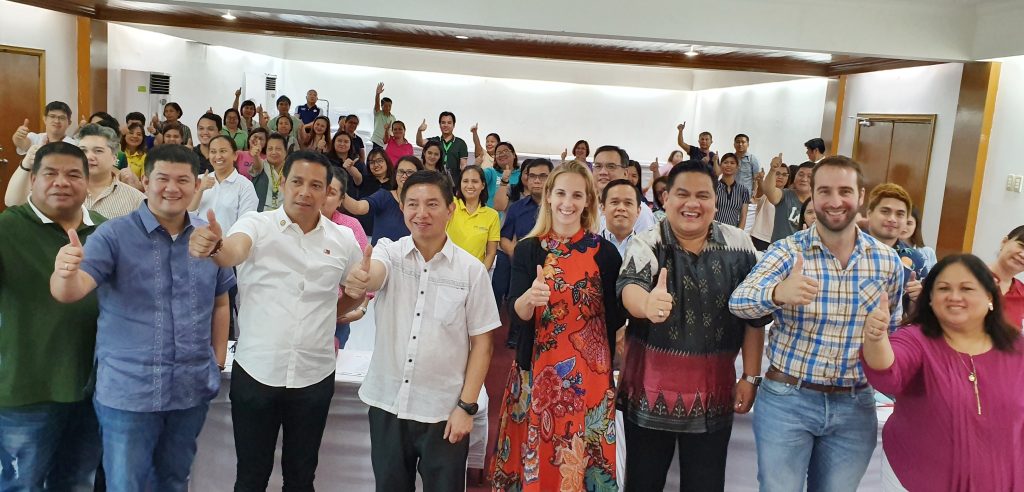In the ever-evolving landscape of healthcare, the ASCENT Project stands as a beacon of innovation in the fight against tuberculosis (TB). Since the moment of its conception in 2019, before the COVID-19 pandemic, the ASCENT project embarked on a journey offering people affected by TB a revolutionary new way to be supported through their TB treatment. With the idea of empowering people through Digital Adherence Technology (DAT), this initiative has proven to be a game-changer in the realm of TB treatment and care.
At the heart of the ASCENT project’s success lies its commitment to person-centered approaches. Unlike traditional healthcare initiatives, ASCENT recognized the importance of engaging key stakeholders in the fight against TB, and developing the project in real-world settings fostered its successful execution. An important result of this engagement became the Global DAT Task Force which supports the introduction, roll-out and scale-up of DATs and its evaluation beyond the scope of the ASCENT project.
Person-centered approaches:
ASCENT’s person-centered approach was epitomized by the active involvement of more than 19,000 individuals living with TB across three continents. Not only were they supported with DATs in their treatment, many of them also contributed to the qualitative evidence base acknowledging the perspectives and challenges faced by those directly affected by TB. This inclusive approach not only supported patients in their treatment journey but also empowered individuals to take control of their health, living more autonomously while being remotely supported by their TB care provider.
Collaboration with National TB Programs:
The ASCENT project’s integration with National TB Programs (NTPs) in each participating country was crucial. By aligning with established healthcare frameworks, and the collaboration of NTPs and Ministries of Health of Ethiopia, the Philippines, South Africa, Tanzania and Ukraine, ASCENT maximized its impact and contributed to the strengthening of national TB initiatives aiming at reducing TB burden in communities. This collaboration ensured that new technologies such as video supported treatment, smart pillboxes, medication labels, and the overarching digital adherence platform were seamlessly integrated into existing healthcare protocols and digital systems’ interfaces.
Engagement of health facilities and dedicated healthcare workers:
Participation of 260 clinics and more than 1,000 providers speaks volumes about the widespread need for TB treatment adherence support, as well as the willingness of healthcare staff and TB care providers to work towards reducing TB burden across communities. These clinics, already managing TB at the best of their capacities became hubs of innovation, leveraging new technological tools to foster TB treatment adherence beyond Direct Observation Treatment (DOT) schemes. Wrapping up the project is a testament to the adaptability and commitment of healthcare facilities in embracing novel approaches to patient care where the individual is at the core. The ASCENT project relied heavily on the dedication and expertise of healthcare workers. Through training and ongoing support, these professionals became champions of DATs, and their commitment to staying at the forefront of TB treatment significantly contributed to the successful implementation of the project.
Collaboration and support:
Crucial to the ASCENT project’s success was the support provided by partner organizations. The support from Unitaid allowed the ASCENT project to reach communities far and wide, ensuring that individuals in diverse settings had access to novel adherence technologies for the transformation of their TB treatment experience.
The ASCENT project thrived on international collaboration. Partnerships held between KNCV TB Plus, The Aurum Institute, PATH and the London School of Hygiene and Tropical Medicine harnessed the power of collective action and left an indelible mark on the global TB care community.
ASCENT has not only revolutionized TB treatment adherence but has also laid the foundation for more comprehensive and compassionate approaches aiming to tackle complex health challenges on a global scale.

